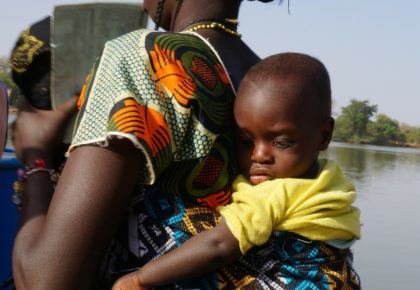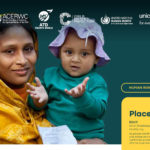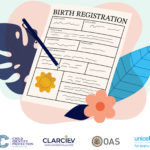
June 2025, World: Use of digital technologies to achieve universal birth registration
In line with Human Rights Council Resolution 52/25, this study presents digital technologies as an additional tool to help achieve target 16.9 of the Sustainable Development Goals, which aims to ensure legal identity for all by 2030. These technologies can help, among others, simplify procedures, reduce the need for travel, raise awareness about the importance of birth registration, enable faster identification of emergency situations. Several countries, such as Australia, Cambodia, and Ghana, have already implemented such systems with positive outcomes.
However, it is essential to follow the recommendations of the OHCHR’s report, especially those concerning the establishment of legal frameworks to ensure digital security, protect personal data, and guarantee confidentiality, in order to prevent any misuse.
CHIP supports the use of digital technologies to ensure that every child has their own legal identity. In this context, CHIP is active in Africa, with UNICEF, to improve birth registration: In Cameroon, technical assistance focused on decentralization and interoperability aims to speed up the process; In Senegal, soon in Côte d’Ivoire, and other African countries, education plays a key role in raising awareness and driving initiatives.
See: OHCHR. Use of digital technologies to achieve universal birth registration. A/HRC/59/61
25 April 2025. Available at: https://digitallibrary.un.org/record/4082196?ln=fr&v=pdf
Examples of CHIP’s activities:
https://www.child-identity.org/birth-registration-work-in-collaboration-with-unicef-cameroon-wcaro/
https://www.child-identity.org/technical-support-continues-to-accelerate-birth-registration/
https://www.child-identity.org/strengthening-birth-registration-to-improve-access-to-education/






